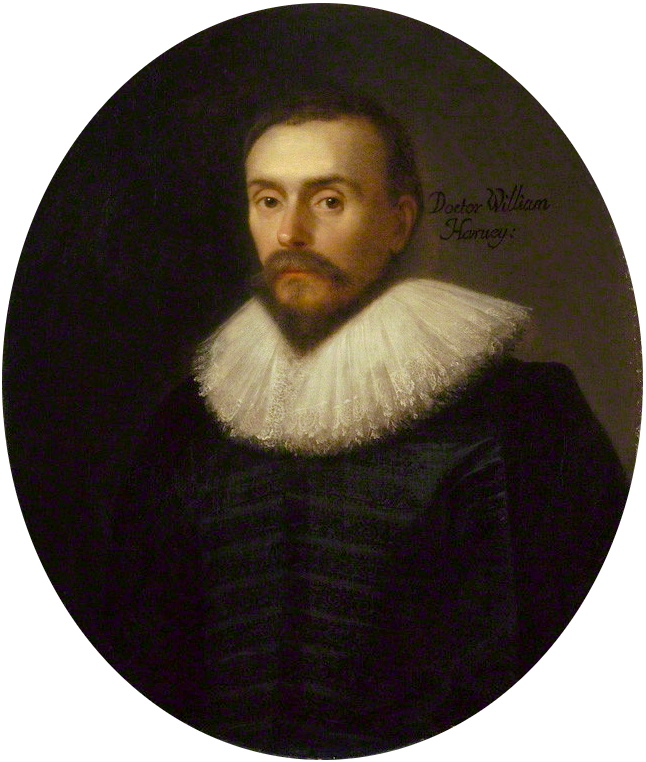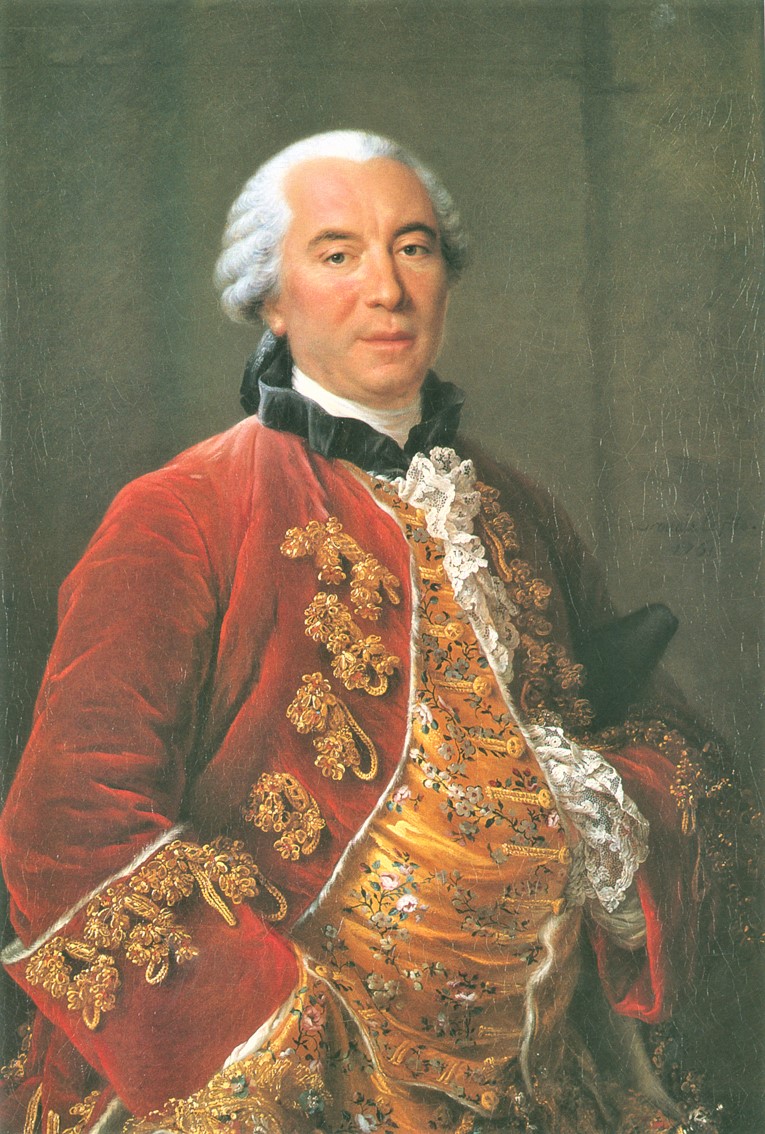 During the Renaissance, Harvey (1578 - 1657) discovered that the blood circulated in a closed arterial system. This marks the transition from the biology of the ancients to the modern experimental biology. Along with Harvey, Descartes (1596 - 1650), also a philosopher, postulated that the universe could be explained on physical principles. This mechanistic approach had a great impact on biology, especially because it came just after Harvey’s success in explaining the circulation of blood in physical terms.
During the Renaissance, Harvey (1578 - 1657) discovered that the blood circulated in a closed arterial system. This marks the transition from the biology of the ancients to the modern experimental biology. Along with Harvey, Descartes (1596 - 1650), also a philosopher, postulated that the universe could be explained on physical principles. This mechanistic approach had a great impact on biology, especially because it came just after Harvey’s success in explaining the circulation of blood in physical terms.  Then came another philosopher, Leibnitz (1646 - 1716), who had a better background of biology than his predecessors. He understood the origin of fossils, had extensive knowledge of plant and animal classification and of comparative anatomy. He suggested that major changes of habitat might cause changes in animal species.
Then came another philosopher, Leibnitz (1646 - 1716), who had a better background of biology than his predecessors. He understood the origin of fossils, had extensive knowledge of plant and animal classification and of comparative anatomy. He suggested that major changes of habitat might cause changes in animal species.
After Leibnitz, came Buffon (1707 - 1788) and the theory of evolution passed from the hands of philosophers to those of naturalists. Buffon was one the most influential biologists of the eighteenth century. He partly stated the theory of organic evolution. He called attention to the fundamental similarities between animals of quite different species, giving impetus to the study of comparative anatomy, now a corner stone in the evidence for evolution.

No comments:
Post a Comment